Author to Author Interview: Sally Koslow
Cathy Lamb: I’ll admit it. Sally Koslow fascinates me because of her outstanding career as a writer in many different capacities. Her work history is quite impressive. I would tell you all about it right now, in a hushed and awed tone of voice, but she’s much better at telling her own story, so I’ll get out of the way….
 Sally, you had many jobs before you became a full time writer. Can you tell us about those jobs, the good, the bad, the surprising and exciting, the ones you’d like to forget…
Sally, you had many jobs before you became a full time writer. Can you tell us about those jobs, the good, the bad, the surprising and exciting, the ones you’d like to forget…
Sally Koslow: Early on, wanting to be Lois Lane, I chased newspaper jobs. My first paid gigs were summer jobs at my hometown newspaper in North Dakota and writing obits at the Wisconsin State Journal in Madison while I attended the University of Wisconsin.
During my senior year it occurred to me that a magazine job might be interesting, so I took myself to New York City during spring break to snoop around. Harper’s Bazaar offered me a copywriting job on the spot. Like a fool, I declined: I didn’t want to miss the end of senior year.
That summer, however, I returned to NYC and landed a job at Mademoiselle. From MLLE I s-l-o-w-l-y rose in the ranks, twenty years later winding up as editor-in-chief of McCall’s and later, starting Lifetime, which was associated with the television network.
None of these magazines are alive anymore, alas. There were a few short-lived clunker jobs during my 30+ magazine years, but mostly, I felt born to be a magazine editor and loved it all. The big surprise: I’ve found a second act I love as much, writing books.
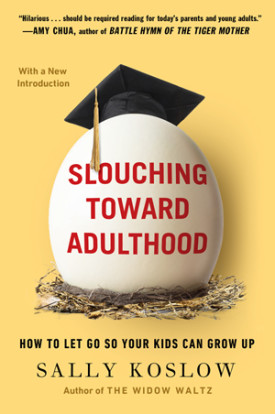 Ah, I join in in that love of writing books.
Ah, I join in in that love of writing books.
I absolutely love this excerpt from your first novel Little Pink Slips.
“Plain and simple, Magnolia Gold had always adored magazines. They’d taught her to relieve flatulence, give a hand job and handicap the marriage prospects of Prince William…Being an editor-in chief was the ultimate job for the editor of the high school newspaper, especially one with questionable grammar…When she was growing up in Fargo, magazines had given Magnolia a window into a world where people watched indie movies, wore clothes paraded on red carpets, and referred to Donatella Versace as if she were their college roommate….”
Do tell. Was this book your autobiography?
No! Well, sort of. In Little Pink Slips I drew on my own experience to pull back the curtains on what it’s like to head a large magazine, though since this was the moment for chick lit, I reinvented Magnolia as single, so I could give her a more rollicking private life than my own. (I married my college boyfriend and we have two sons.)
The editor who acquired the book said she that she didn’t find it “credible” that a girl from a Jewish girl from North Dakota would wind up as an editor-in-chief in New York. Non-negotiable, said I, since those details were ripped from my resume.
Now that’s hilarious. You gave the editor true life and she didn’t think it was credible. Hear me groan… then laugh.
As I understand it, you were laid off from McCall’s, after it was renamed Rosie, when Rosie O’Donnell became the editor. You then started to write novels. I love this part of your personal story because so many of us lose a job, quit a job, and it feels hopeless, and then something fantastic comes of it.
It’s very encouraging and hopeful. What would you say to people who have, or are in, a similar situation with a job?
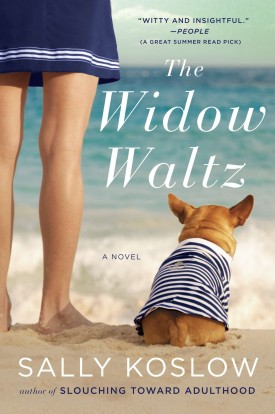 To be axed in order for a celebrity to take my place was a bizarre blow. Rosie moved into my office and took over the staff I’d hired. McCall’s was 122 years old; Rosie lasted for nine months. Just saying.
To be axed in order for a celebrity to take my place was a bizarre blow. Rosie moved into my office and took over the staff I’d hired. McCall’s was 122 years old; Rosie lasted for nine months. Just saying.
While I slunk around, job-less, friends urged me to “enjoy hobbies.” Fine, except that I had no hobbies. I’d worked, been a wife and mother and exercised. Period. I did, however, like to write, so I enrolled myself in a neighborhood workshop and since all of life is material, began to spin a novel based on my own you-can’t-make-this-stuff-up experience.
If you’re interested in writing fiction about contemporary life, I advise starting with using what you’ve lived as well as joining a writing workshop for both its structure and camaraderie. Everyone needs deadlines, something I know from the world of magazines, where you have deadlines by the hour. If you’ve been canned, nothing good comes from sulking at home.
See everyone? I LOVE Sally’s story. I can see it in a movie already.
This piece you wrote inThe New York Times was excellent, by the way. http://opinionator.blogs.nytimes.com/2013/06/17/writing-fiction-and-nonfiction/?smid=tw-share
Thank you!
You have written both fiction and nonfiction books. Your latest novel is The Widow Waltz. I loved the premise, a woman in New York City havin’ it all who discovers that her husband, who dies of a heart attack in Central Park, has left her and their two young adult daughters with less than nothing. Tell us about that story. What prompted it?
Why do some of us crumple under duress and others blossom? Resilience fascinates me. In The Widow Waltz I wanted to explore that theme along with sibling rivalry, the struggle of coming to terms with a deceased spouse’s betrayal and the rich topic of forgiveness. This is fairly gritty material; each book I write is less fluffy.
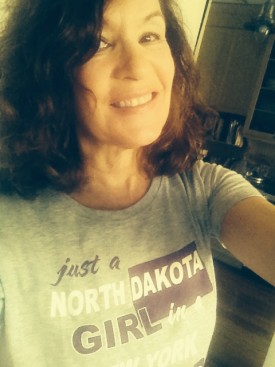 You write fiction, nonfiction, and essays. You sound very busy so I am going to lay down and take a nap FOR you. You’ve written for O, Ladies Home Journal, MORE, Real Simple, etc. If I forced you to say, under threat of burying you in chocolate, which medium do you prefer? Fiction, non-fiction, or essays and why?
You write fiction, nonfiction, and essays. You sound very busy so I am going to lay down and take a nap FOR you. You’ve written for O, Ladies Home Journal, MORE, Real Simple, etc. If I forced you to say, under threat of burying you in chocolate, which medium do you prefer? Fiction, non-fiction, or essays and why?
After years of reporting and editing factual articles, I’m getting charged from the exercise in imagination required by writing fiction and personal essays. But I thoroughly enjoyed returning to non-fiction for Slouching Toward Adulthood, a hybrid of reporting and memoir that I wrote two years ago.
Wonderful essay by Sally here: http://sallykoslow.com/pdf/O.pdf
Another wonderful essay: http://dearteenme.com/?p=7408
Oh, and one more. I just have to include it: http://www.writersdigest.com/editor-blogs/guide-to-literary-agents/7-things-ive-learned-so-far-by-sally-koslow
What has been a struggle in terms of writing and marketing your books? What do you love about writing?
Trying to compose requires you to stare at a blank computer screen, alone and helpless. But after the first draft, it’s a kick. I rewrite constantly. Every time I reread my work, I tighten and sharpen.
Marketing, on the other hand, is the dog’s dinner. The expectation that authors expose their books on social media is high and your time can go to those tasks rather than writing. You also never know if any of your efforts are paying off.
I can’t tell you much I struggle with the social media question. It takes up so much time but, like you, I’m not sure what pays off in social media, if anything at all. Still, I do it…
I definitely want to sign up to be in one of the writing classes you teach at The Writing Institute of Sarah Lawrence College (http://www.slc.edu/ce/writing-institute/ and at the New York Writer’s Workshop (www.newyorkwritersworkshop.com)
What do you like about teaching writing? What is your goal as a teacher?
I believe I can help anyone become a better writer. As a teacher, that’s my goal and where I find my satisfaction. It’s not that different from mentoring magazine employees, many of whom are now editors-in-chief, which makes me proud. I wish my resume had a line: spots talent and hires well.
What’s a typical day like for you with your many avenues of work/writing/teaching? Do you always have time to squish in that run in Central Park?
Early morning: run or walk in the park. Check social media. By nine until about 1, write. Break to meet a friend for lunch, go to Pilates, run errands. Write again in the later afternoon/cook dinner. Evening: write a tad, read, teach or do editing projects
(I work as an independent writing coach—anyone interested can read me at spkoslow@gmail.com.)
This fall I’m experimenting with teaching on the weekends, to reach students who don’t have time for a weekday class.
You’re from Fargo, North Dakota. You had a dream and you went to New York City to fulfill it. What advice do you have for people who want to fulfill dreams but see many obstacles in front of them?
Don’t overthink your plan. Blunder ahead and figure things out as you go. That’s how I write every novel, more or less. To be honest, I saw New York as an easy place to move to because I didn’t need a car (I loathe driving*) and had family and friends there. I was also 22. If it hadn’t worked out, I had plenty of time ahead of me to move in another direction.
Three things you want to do in the next five years.
a) Finish two more novels and write a screenplay
b) Travel as much as possible
c) *Become a better driver.
Sally Koslow’s advice, shamelessly lifted from her website.
TAKE YOUR WRITING FROM GOOD TO GREAT
These tricks work for me. I hope they help you, too.
Read excellent writing. Let it inspire you.
Look for a writing workshop to provide deadlines and collegial support.
Always have a notebook—jot down ideas, quotes from actual conversation, vocabulary-stretching words.
Catch your dreams. Keep pen and paper handy to record ideas you invent in your sleep.
Use what you’ve lived. Everything is material, especially the bad stuff.
To unleash your creativity, do solo repetitive exercise: running, walking, swimming, biking—nothing strategic like golf or tennis
Make writing a habit. Try to write every day, even for only 10 minutes.
Have fun with nouns and verbs.
Think of adjectives and adverbs as cayenne pepper. Use sparingly. “Write with nouns and verbs, not with adjectives and adverbs,” William Strunk and E.B. White wrote in their venerated Elements of Style. “The adjective hasn’t been built that can pull a weak or inaccurate noun out of a tight place.”
Check spelling and details. Google is a gift, but don’t forget your dictionary.
In fiction and in dialogue, picture a scene as a movie, and take notes.
Don’t read your work only on a computer—print it out. Switch typefaces to see your work in a fresh way.
Read your work aloud. Listen for the rhythm (or lack of it,) dull and awkward spots and especially words writers overuse: all, always, just, so, usually, very, perhaps…
When you think you’re finished, put your writing aside to let it gel. Hurried writing is rarely your best work. Read, tweak, read again, tweak again…
If you get stuck, start writing something else.
Twitter: @sallykoslow.com
Facebook: Sally Koslow—author
https://www.facebook.com/SallyKoslowAuthor?ref=aymt_homepage_panel
Thank you, Sally!

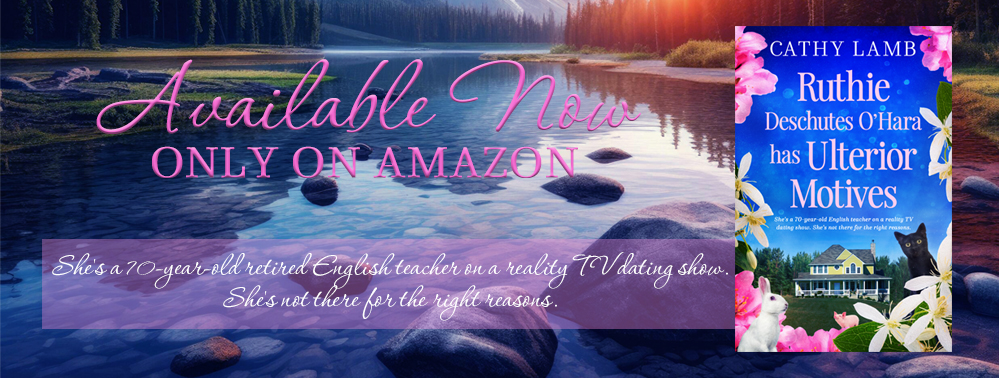
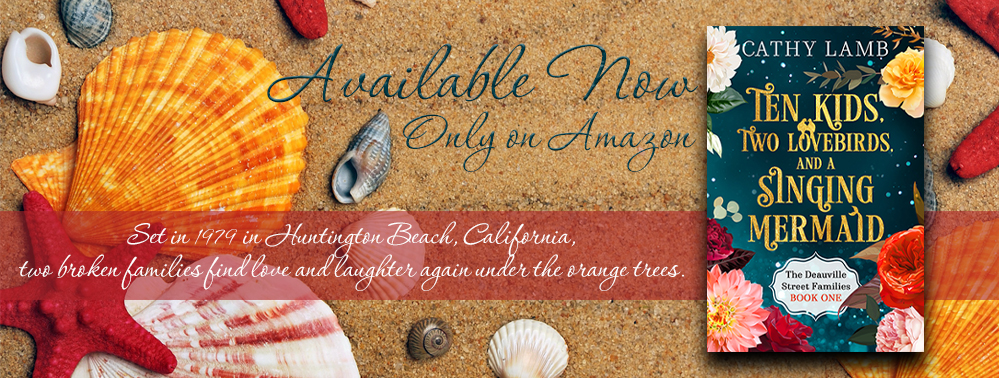






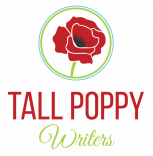
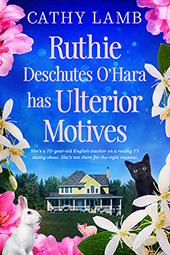
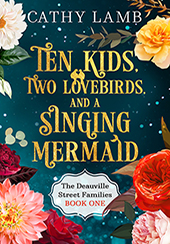
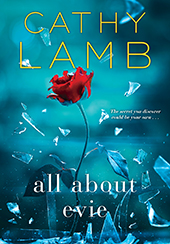
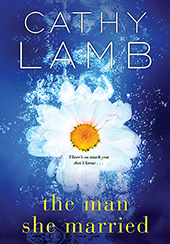
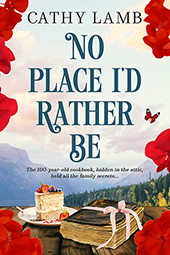
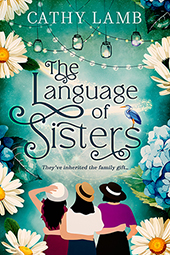
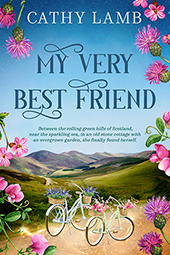
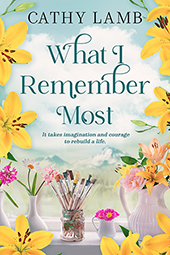
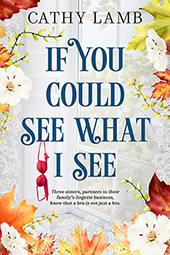
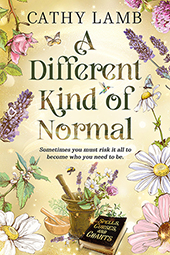
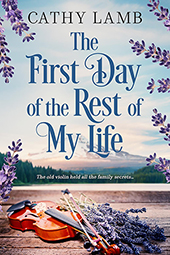
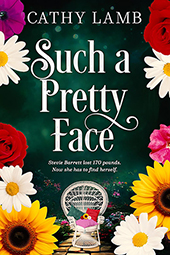
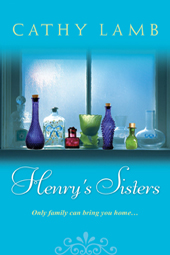
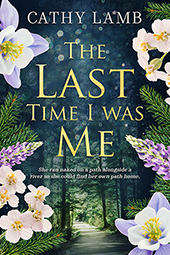
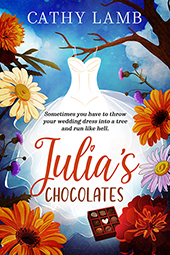

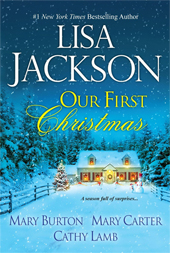
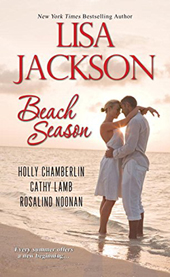
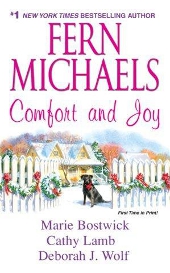
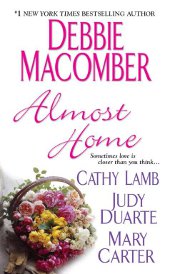
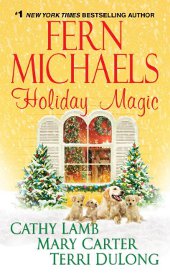

Thanks so much for sharing this fabulous interview. What an interesting life Ms. Koslow has lead~~and we readers are the better for it! I’ll be book shopping for THE WIDOW WALTZ and SLOUCHING TOWARD ADULTHOOD. 😀
1Thank you, Cathy, for introducing me to another author!
2Cathy,
3Warm thanks for posting this interviewed. You are a gift to writers. I appreciate your generosity.
Sally